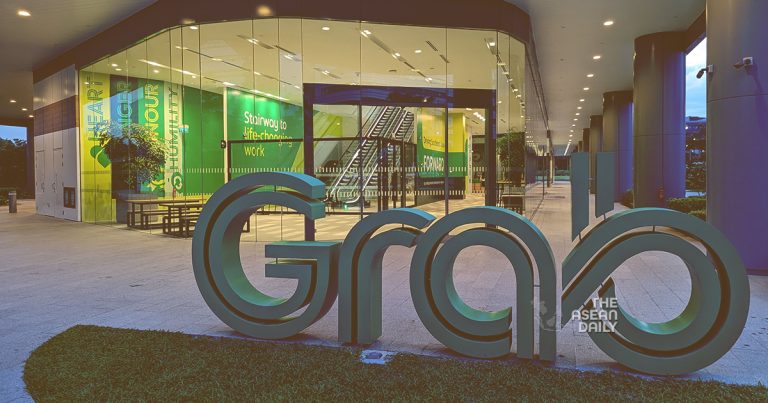14-8-2023 (SINGAPORE) The Competition and Consumer Commission of Singapore (CCCS) has announced its call for public feedback regarding Grab’s intended takeover of taxi operator Trans-cab. The move, which was initially revealed in July, has raised concerns about its potential impact on the price, quality, and availability of street- and ride-hailing services provided by taxi and private-hire car drivers.
The CCCS is particularly interested in gathering views on various aspects of the acquisition. They aim to assess how it could influence the competitive landscape, including the potential effects on pricing, service quality, and the overall market dynamics for taxi and private-hire car services. Stakeholders and the general public have until August 25, 5pm to submit their opinions and insights. More detailed information can be found on the CCCS website.
Should the acquisition gain approval, Grab’s private-hire car rental arm, Grab Rentals, will acquire all the shares of Trans-cab. Trans-cab is currently the third-largest taxi operator in Singapore, boasting a fleet of over 2,500 vehicles. The deal is expected to be finalized in the fourth quarter of 2023, subject to regulatory clearances and customary closing conditions.
During a recent parliamentary session on August 3, Minister of State for Trade and Industry Alvin Tan assured that the CCCS would thoroughly evaluate the implications of the acquisition and engage in consultations with relevant stakeholders before making a decision. The CCCS, a statutory board under the Ministry of Trade and Industry, plays a crucial role in ensuring fair competition in Singapore’s market.
Grab and Trans-cab jointly filed an application with the CCCS, seeking a decision on whether the acquisition would violate Section 54 of the Competition Act 2004. This section prohibits mergers that could substantially reduce competition.
In their defense, Grab and Trans-cab argued that the acquisition would not significantly diminish competition in the market. They highlighted the limited overlaps between their operations, the absence of significant barriers to entry, and the highly competitive nature of the rental market. Both parties emphasized that Grab would continue to face strong competition from other technology companies and taxi operators in the platform market.
The parties also addressed other potential competition concerns raised by the CCCS. For instance, they explained that Trans-cab’s maintenance workshop operations are primarily dedicated to servicing its own fleet of taxis and private-hire cars. Even if GrabRentals were to fully rely on Trans-cab’s workshop after the acquisition, third-party workshops would still be available to service other rental fleets in Singapore, as well as private cars in general. Furthermore, Singapore’s point-to-point regulatory framework allows drivers with licensed fleet sizes of at least 800 vehicles to use any platform for ride-hail services, ensuring a diverse and competitive environment.
Grab’s proposed acquisition of Trans-cab follows the merger of Strides Taxi and Premier Taxis in May, which resulted in Singapore’s second-largest taxi operator. In 2018, Grab and Uber were fined SGD 13 million by the CCCS due to their merger, as it led to a substantial reduction in competition. The watchdog highlighted Grab’s increased prices and changes to its loyalty program following the acquisition of Uber’s Southeast Asia operations.
As the public feedback period is underway, Grab and Trans-cab will wait for the CCCS’s decision regarding the acquisition’s compliance with competition regulations. The outcome will shape the future landscape of Singapore’s ride-hailing and taxi industry, impacting both drivers and passengers alike.




